Switzerland in the maelstrom of history
Many countries, Switzerland included, have had to readjust in the face of a changed world. In doing this, Switzerland’s unique characteristics are a help – and a hinderance.
Exactly six months ago, on February 24, Russia launched its war of aggression against Ukraine. The invasion opened a new chapter in the world, which seems to be spinning faster since then. Initially it was about war and peace, then about grain, and now about energy, inflation, weapons and reconstruction.
You are reading the SWI swissinfo.ch newsletter with Swiss perspectives on the Russian war against Ukraine. This time we analyse how andwhere Switzerland has moved in the past half-year – and where significant challenges remain.
“Unfortunately, Switzerland has lost its status as a neutral state,” a spokesperson for the Russian foreign ministry said a fortnight ago. It had adopted the “illegal sanctions of the West” and could therefore act neither as a mediator nor as a representative between Russia and Ukraine:
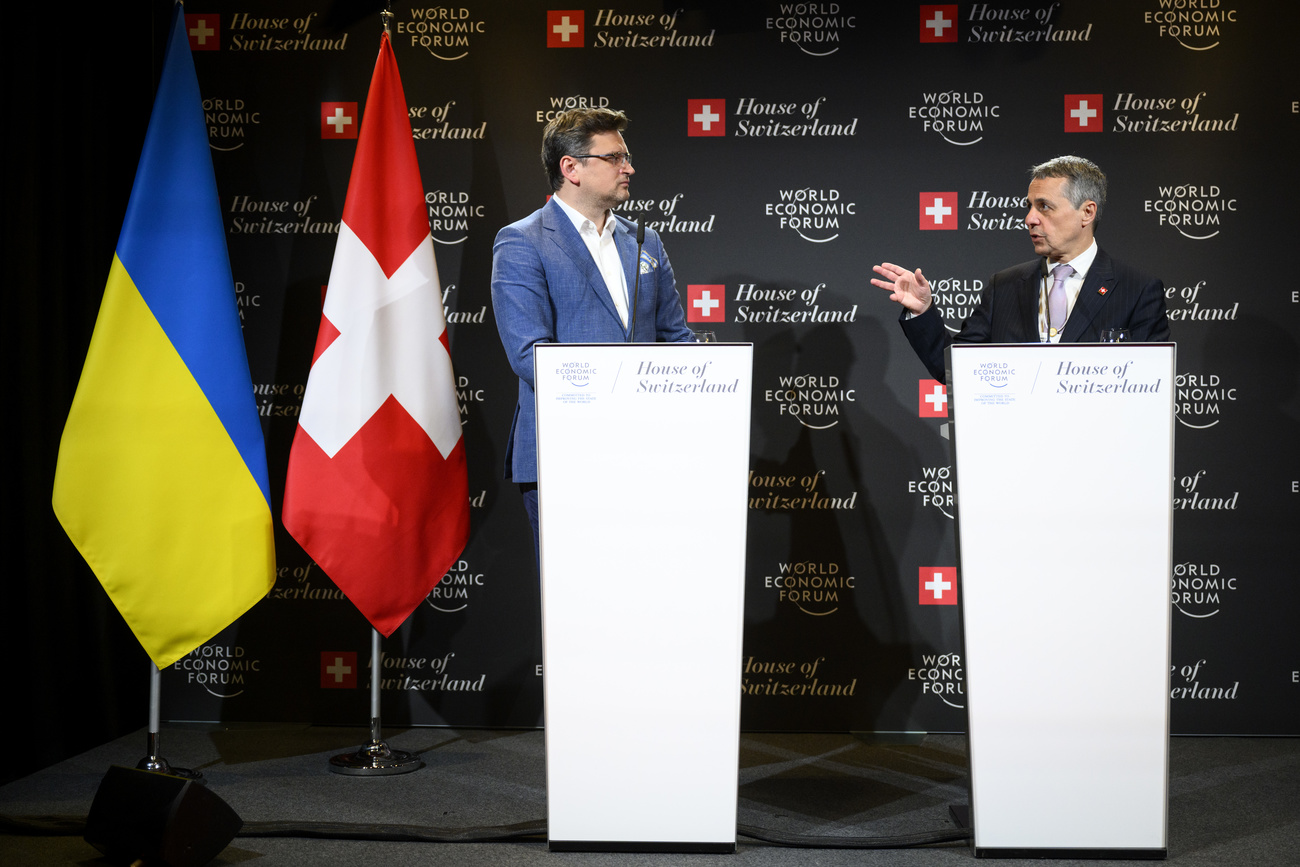
More
Russia rejects protecting power mandate agreed by Switzerland and Ukraine
The words struck at the heart of Switzerland’s self-image. Good offices, mediation between conflicting parties, offering a home to multilateralism – this has always been central to Swiss foreign policy. This is also why Switzerland organised the first reconstruction conference for Ukraine:
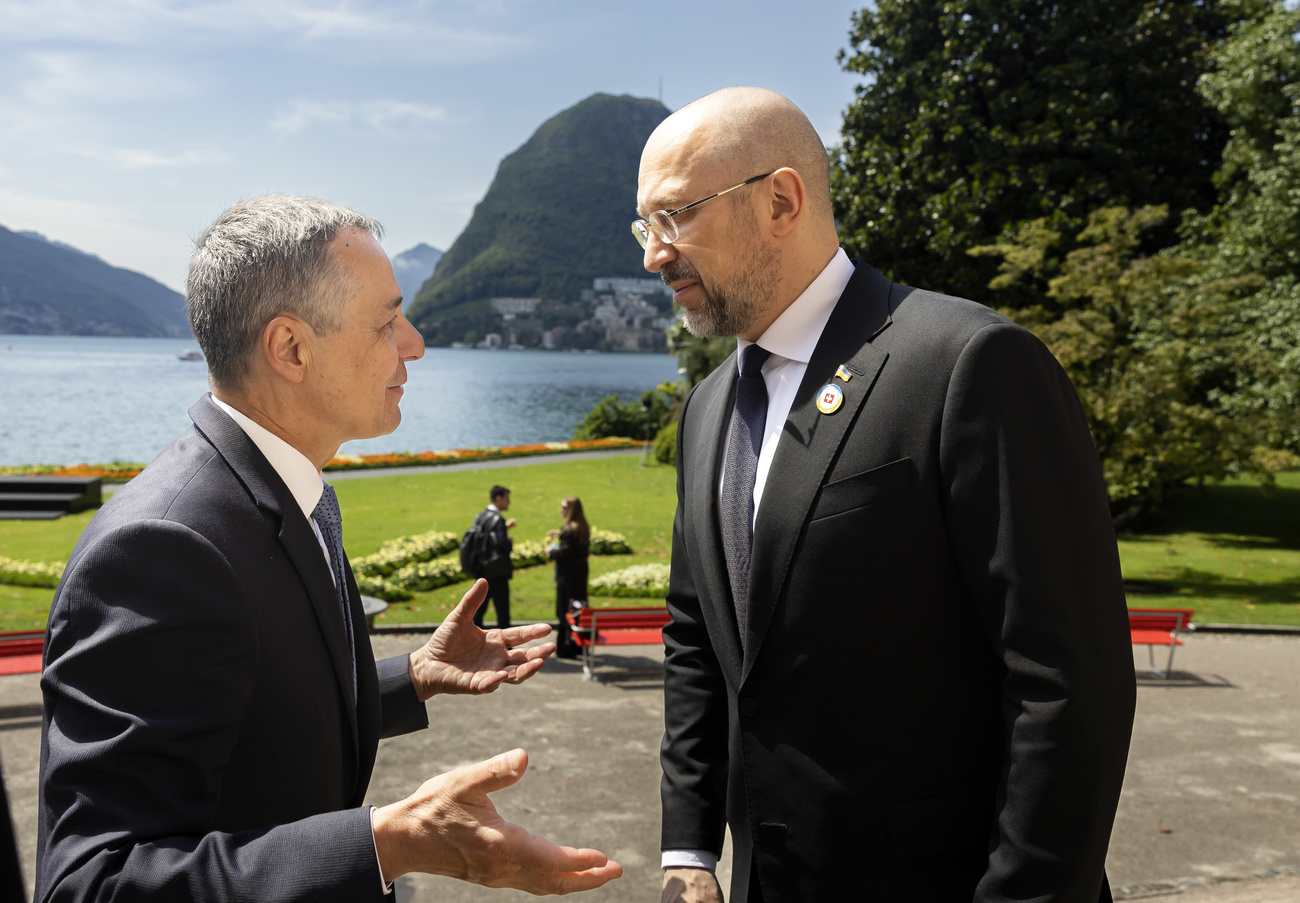
More
Ukraine Recovery Conference ‘offers hope’, says prime minister
And now Switzerland, the depositary state of the Geneva Conventions, must leave the role to other players with less experience: Recep Tayyip Erdogan from Turkey or Viktor Lukashenko from Belarus – because only they are acceptable to Putin.
And perhaps this is just the beginning: for our analyst Daniel Warner, the question is “whether neutrality, respect for humanitarian law and multilateralism in general are still possible following the February 24 attack on Ukraine”. Here is his analysis:

More
Goodbye (Swiss) neutrality?
Switzerland’s current positioning on the side of the West is put into historical perspective. “During the Cold War, for example, Switzerland was implicitly clearly on the side of the West. And it also has a position on human rights,” says Stefanie Walter, professor of International Relations and Political Economy at the University of Zurich. Our comprehensive collection of articles on the changing nature of Swiss neutrality can be found here:

More
What does the future hold for Swiss neutrality?
Geographically integrated, yet not really taking part: this is how Switzerland has positioned itself in Europe. This is how it acted during the sanctions against Russia, which Switzerland carried out reactively rather than proactively. Swept up in the maelstrom of history, sitting idly by was suddenly no longer an option for the Alpine country:
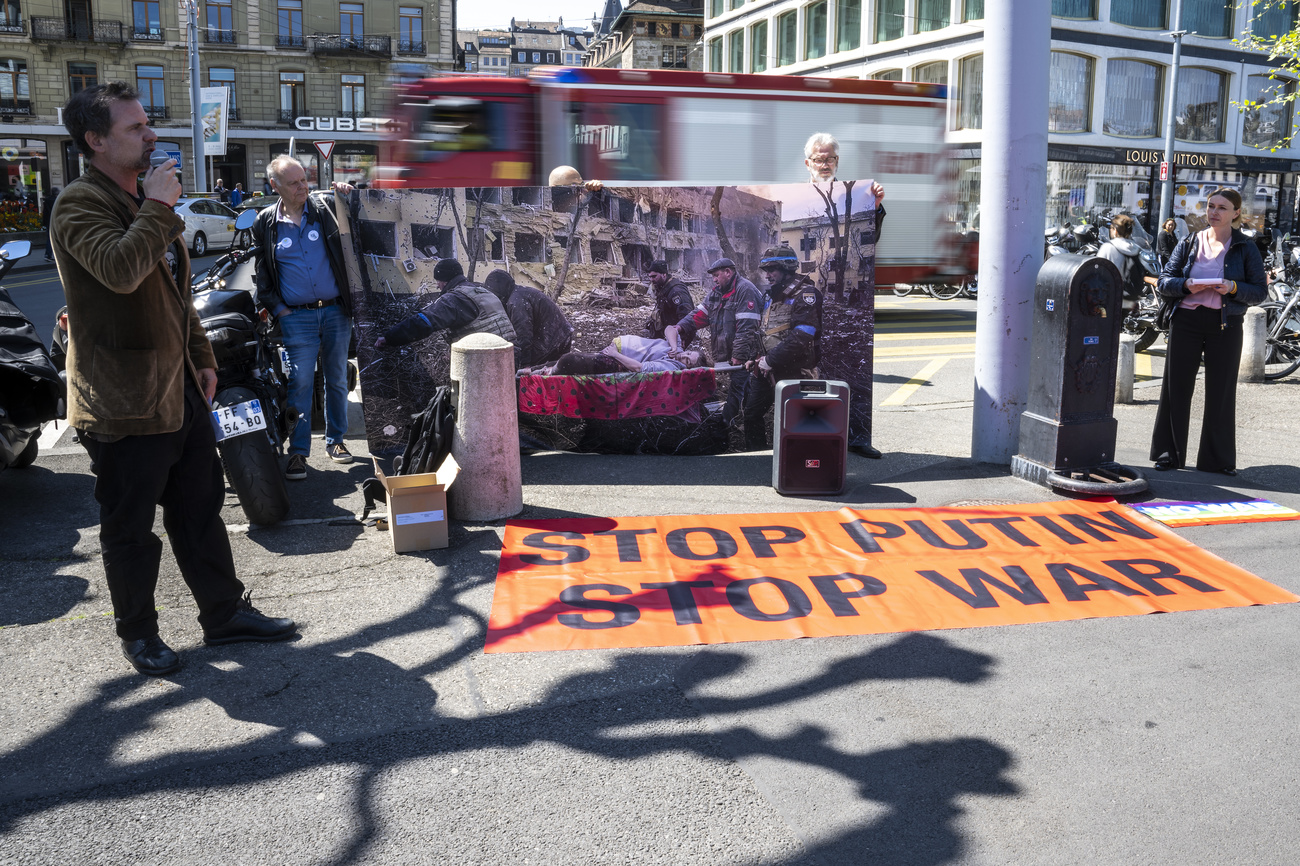
More
Is Switzerland doing enough to freeze Russian assets?
See also the video by our satirist Karpi, who explains the serious matter in an amazingly entertaining way:
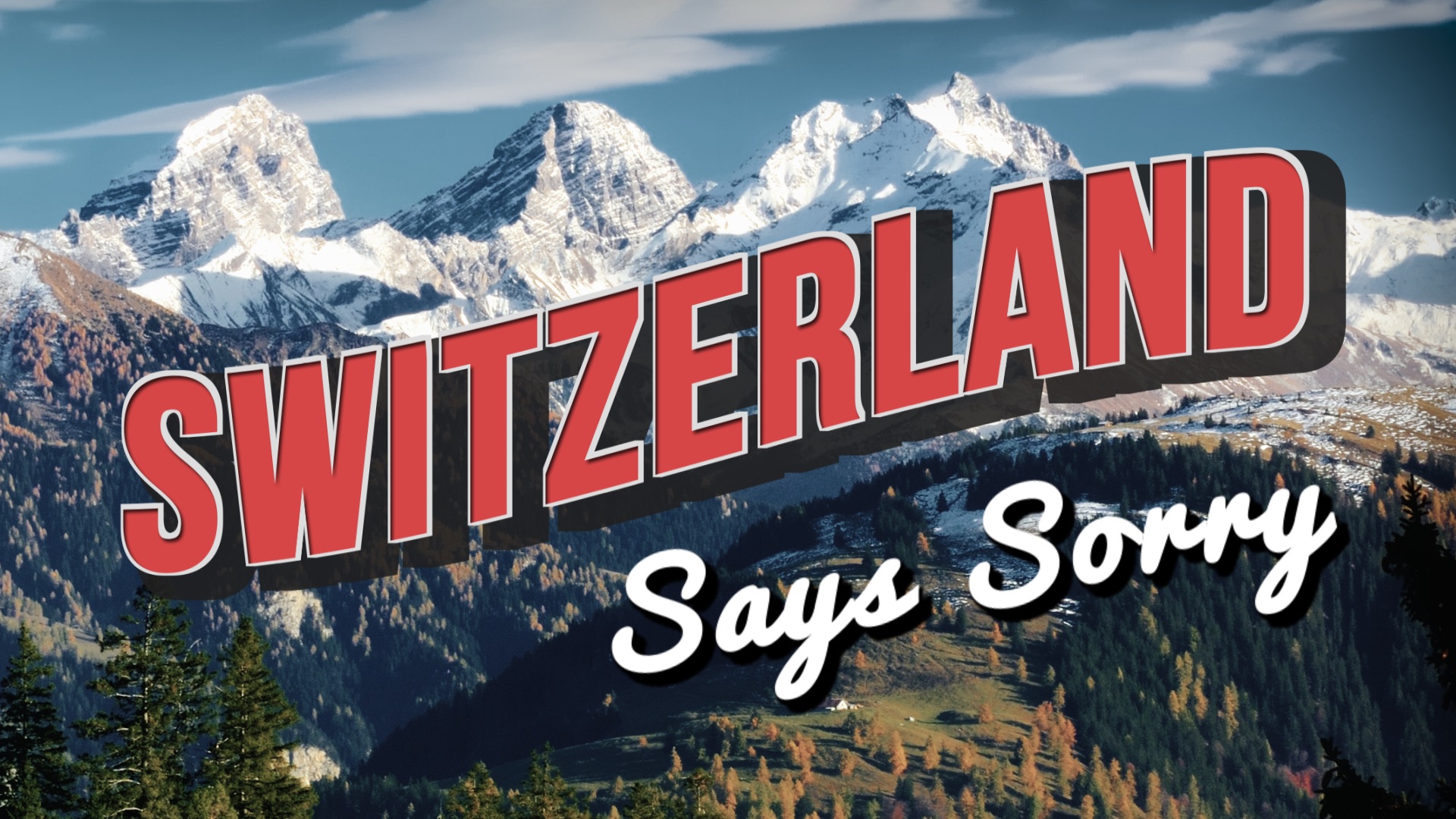
More
Switzerland says sorry! Oligarchs’ paradise
Half in, half out: this is how Switzerland behaves with energy. Europe is preparing for shortages this winter with drastic gas and electricity plans; Switzerland, on the other hand, is still hesitating. It finds itself in an energy trilemma, writes Olivia Chang. This consists of the triangle of energy security, sustainability and independence, an “impossible energy trinity”, says Swiss energy researcher Philipp Thaler. “Ultimately, securing energy supply in Switzerland will depend on close cooperation with Europe,” Chang writes.
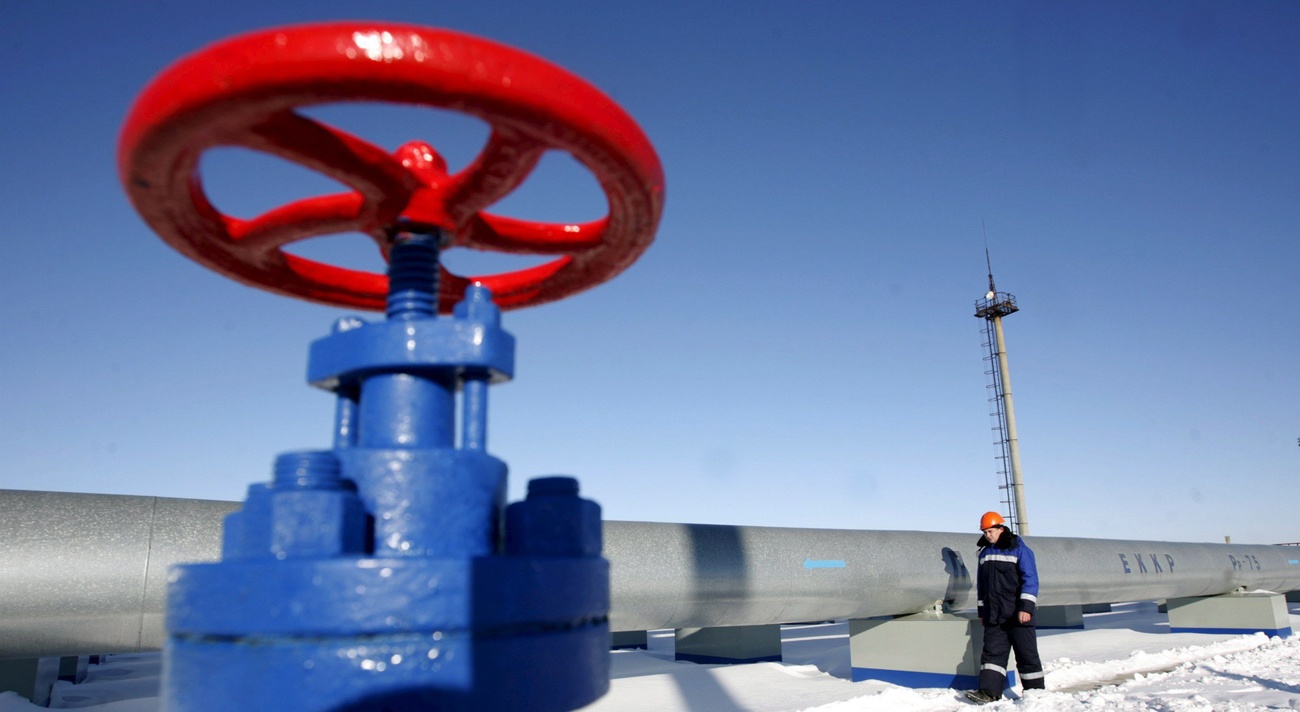
More
What the Ukraine war means for Switzerland’s energy policy
However, Switzerland has shown right from the start its determination to integrate and show solidarity with displaced people from Ukraine. Statistics now indicate that refugees are increasingly returning to their war-torn country. This is often an expression of great desperation. They are people who think they have nothing to lose, Anna Lysenko tells Pauline Turuban. Lysenko is president of Free Ukraine, an organisation that helps Ukrainian refugees settle in Switzerland.
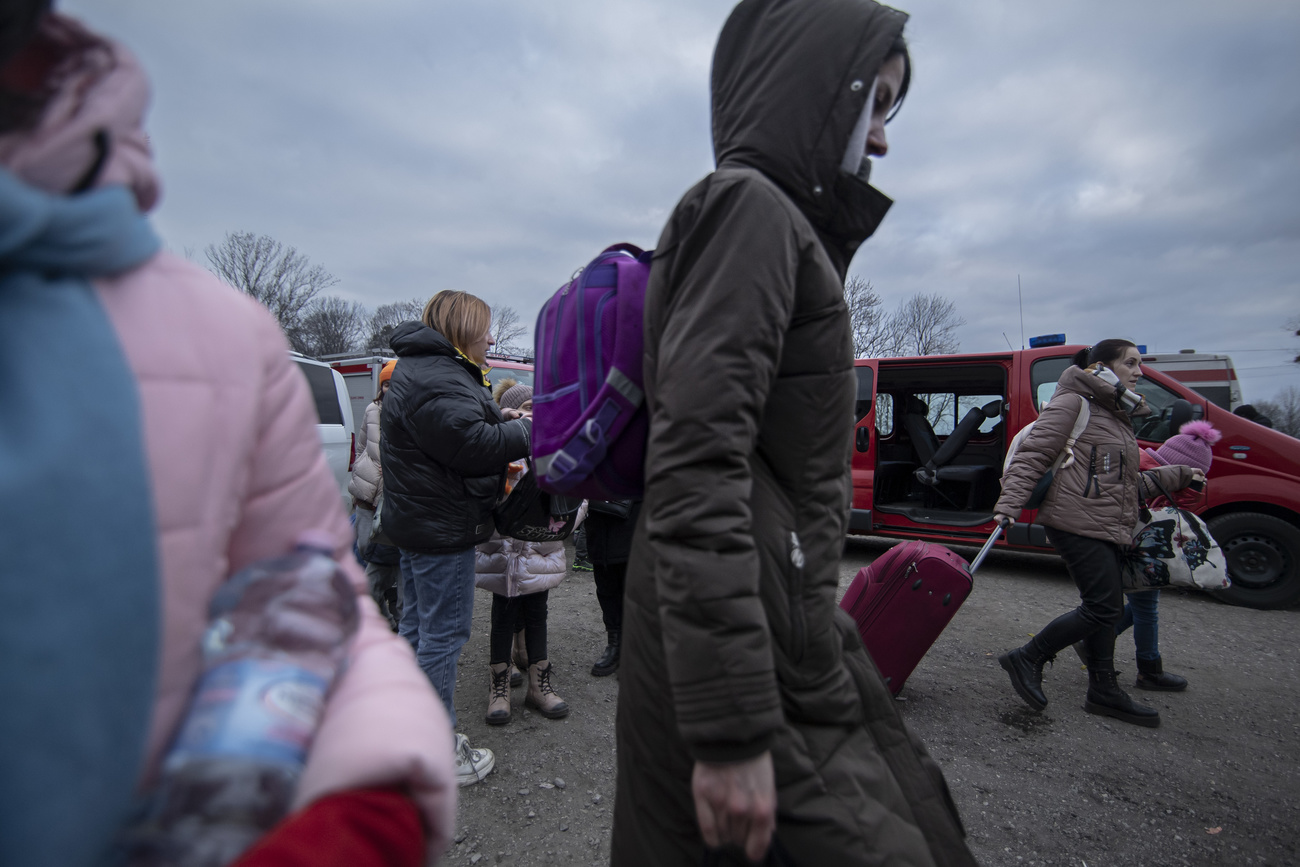
More
Ukrainian refugees struggle with life away from home
In her report, Turuban also met Oksana, who fled to Switzerland with her 70-year-old father. “In Switzerland, I saw him cry for the first time,” she said. Not because of what happened in Ukraine, but because he had been uprooted. “For him, it’s important to die where he was born.”
Thank you for your attention!

In compliance with the JTI standards
More: SWI swissinfo.ch certified by the Journalism Trust Initiative










You can find an overview of ongoing debates with our journalists here . Please join us!
If you want to start a conversation about a topic raised in this article or want to report factual errors, email us at english@swissinfo.ch.